What is Domestic Abuse?
Also known as Domestic and Family Violence.
Domestic abuse can be defined as a pattern of behaviour in any relationship that is used to gain or maintain power and control over a partner. Domestic abuse takes many forms and while not always physical, domestic abuse may result in physical injury or death as the severity and frequency of abuse escalates. Domestic and family violence and intimate partner violence are also terms used in connection with domestic abuse.
Acts of coercive control, sabotage, exploitation, neglect and financial abuse are all categorised as domestic abuse. The Zahra Foundation is committed to representing the lived experiences of survivors of all forms of domestic abuse and elevating the awareness of how prevalent domestic abuse is within our communities.
Domestic abuse is an ongoing repeated pattern of behaviour to control you. It is not always physical.
Abusive behaviour can include:
Physical Abuse
Physical abuse happens when someone deliberately hurts your body or takes away your control of your body. It can also be referred to as physical violence.
Sexual Abuse
Involves forcing a partner to take part in a sex act when the partner does not consent.
Emotional Abuse
Includes undermining a person's sense of self-worth through constant criticism.
Psychological Abuse
Involves causing fear by intimidation and behaviour that aims to cause emotional or mental harm.
Legal Abuse
Legal abuse, also called legal bullying or litigation abuse, happens when someone uses the law or legal threats to control and scare you.
Financial or Economic Abuse
Involves making or attempting to make a person financially dependent by maintaining total control over financial resources, withholding access to money, and/or forbidding attendance at school or employment.
Social Abuse
Behaviour that aims to damage relationships or cut you off from your family, friends, or community.
Stalking
Involves any pattern of behaviour that serves no legitimate purpose and is intended to harass, annoy, or terrorise the victim.
Spiritual Abuse
When someone uses spiritual or religious beliefs to hurt, scare or control you.
Neglect
Neglect happens when the person or people who care for you do not give you the things you need to be healthy, comfortable and safe.
Information referenced from United Nations & 1800 Respect
What is Economic Abuse?
Economic abuse includes behaviour that restricts, exploits or sabotages resources like housing, food, transport, study and employment. It also includes financial abuse where one person restricts or exploits money from a partner or family member to exert control over them.
Economic Abuse
Consists of behaviours to control, exploit and sabotage an individual’s resources.
The impacts of economic and financial abuse are:
Restricted access to money or savings
No income or employment
Financial debt
No phone, computer or access to internet
Restricted use of car or transport
Economic Injustice
Economic practices and behaviours that systemically oppress women.
Examples of economic injustice are:
Gender pay-gap
Gender superannuation gap
Gender discrimination
Parental leave entitlements
Not valuing feminised work
Gendered division of unpaid care and domestic work
The impacts of economic abuse are a common reason why escaping domestic abuse is so difficult. Economic empowerment is key to a women remaining free of abuse.
The Zahra Foundation in conjunction with Credit Union SA and Living Stories have prepared some short videos to give you more information on what economic abuse looks like and the impacts.
Breaking the Cycle of Domestic Abuse
The impacts of domestic abuse, in particular economic abuse, often results in a situation where a woman is faced with an impossible choice - poverty or abuse. Sadly, many women return to an abusive partner, after courageously attempting to leave, because of the direct impacts of economic abuse that leaves them without safe or stable housing, income or access to money and the resources needed to gain or maintain employment.
Feedback from our program participants highlights the importance and benefits of learning about the abuse they have survived so they can empower their children in the hope that they are able to identify abusive behaviours in relationships and know the importance of maintaining their independence. This sharing or passing down of knowledge helps to break the intergenerational cycle of abuse.
Zahra’s mission is to economically empower women, to break the cycle of returning to domestic abuse and live a life free from poverty and abuse.
